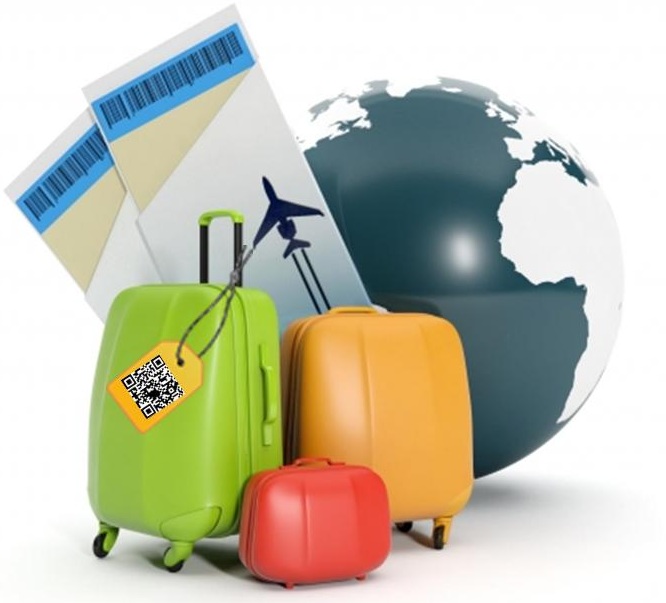The Ministry of Tourism has announced that this project will become available to visitors soon.
The Government of India’s Ministry of Tourism has released an updated for its greatly hyped QR codes project that is being created through an agreement that has been signed with Audio Compass (India) Pvt. Ltd.
This travel app provider will help the Ministry of Tourism provide visitors to the country with an enhanced experience.
The contract also involves Genesys International Corp. These partnerships were made last month so that QR codes will become available at a number of different tourist destinations before the close of 2013. The project was first proposed at the beginning of this year and has received a great deal of media coverage.
The goal of the Ministry of Tourism is to add QR codes to provide tourists with information at the most popular destinations.
 The QR codes will be placed at some of the hottest tourism spots throughout India. These two dimensional barcodes make it possible to provide tourists carrying smartphones and tablets with a great deal more information than would be available through standard signage. This particular project will be using the scans to link tourists directly with websites, text, phone numbers, and email addresses that they might find useful.
The QR codes will be placed at some of the hottest tourism spots throughout India. These two dimensional barcodes make it possible to provide tourists carrying smartphones and tablets with a great deal more information than would be available through standard signage. This particular project will be using the scans to link tourists directly with websites, text, phone numbers, and email addresses that they might find useful.
According to the Audio Compass chief executive and founder, Gautam Shewakramani, “One of the biggest challenges for travellers is the last mile of travel, that is, when they are past planning and booking stage and are actually on ground travelling. We are not doing a great job of providing tourist information, so they have to rely on expensive and unreliable sources like unofficial touts. This will make tourists access information while travelling in a hassle-free manner.”
That company already provides audio guides at a number of the most popular tourist destinations, including Agra Fort, the Salar Jung Museum, Khajuraho, and the Taj Mahal. Now, through the use of QR codes, these places will have their experiences enhanced for all mobile using visitors. Those will be the first locations to feature the barcodes, though the advertising driven model will expand from that point.

 This smartphone friendly form of identification can help bags to be returned to their owners.
This smartphone friendly form of identification can help bags to be returned to their owners.